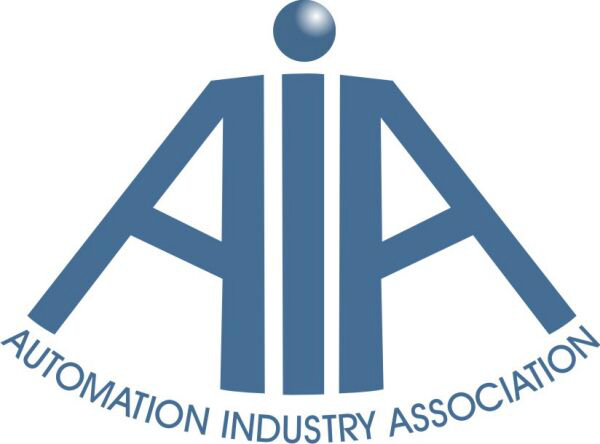A Thought Leadership Discussion was held on 17th May 2010, the concluding day of the Automotive Engineering Show at Chennai. The panel comprised Manish Ramakrishnan, Sr. Manager, Ashok Leyland, Satish Ansingkar, Vice President Sales, B&R Industrial Automation, Jitendrakumar Kataria, MD, Beckhoff Automation Pvt Ltd and Sudhir Bachloo, Sr. Manager Automotive (Business Development) Siemens Ltd. The discussion was moderated by Anup Wadhwa, Director, AIA.
Excerpts from the discussion:
Anup Wadhwa
The evolution of Automation technologies has gained considerable momentum over the last decade, giving rise to a host of new hardware and software features. Is India’s Automotive Industry at par with the developed world, in the deployment of Automation?
It seems both sides are not satisfied with the current gaps in the engagement process. Are we stuck with an entrenched practice or is there an alternate approach to look at?
Jitendrakumar Kataria
The adaptation in India is slower. There is fear about being able to deploy fast changing technologies. People training is yet to become a high priority, so the necessary ground work needs to be laid at the college level itself.
Manish Ramakrishnan
Real-time Factory Automation is yet to emerge as a full-blooded engineering discipline. There are a very large number of automation vendors coming to meet us; which is a good sign, but what they are selling is technology in isolation. We would like to see sales teams sit with us at the design level and show us exact deployment.
Satish Ansingkar
There are independent hardware suppliers, machine builders and integrators They respond to unconnected specifications and acceptance procedures. Very often the different entities within a supply chain operate completely independent of the main OEM while determining the specifications of Automation investment. We welcome more discussions on application needs before the commercial dialogue.
Manish Ramakrishnan
The wish list for us would be to maintain our assets in good shape for achieving High Line Throughput, Multiple Model Flexibility, Total Cost Reduction, Technology absorption and skill upgrade. If we can do all this we get to be very competitive. Better visualisation is useful. Safety integrated into controllers are very important. RFID applications are being used in axle and engine making lines for automated tool selections. But RFID based tracking in assembly operations is still under evaluation.
Sudhir Bachloo
Wireless and mobile HMIs are going to increasing operator convenience. And if genealogy is to be captured with read / write operations, or if tagged items have to pass through high temperature zones, RFID is increasingly becoming relevant.
